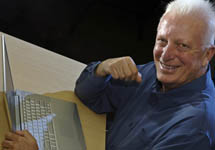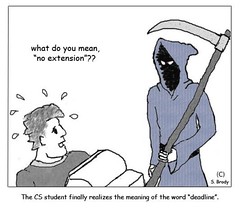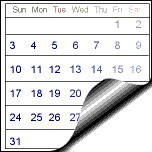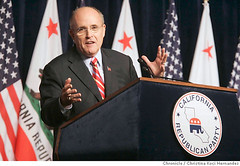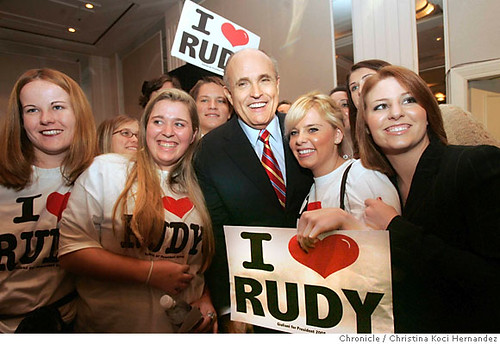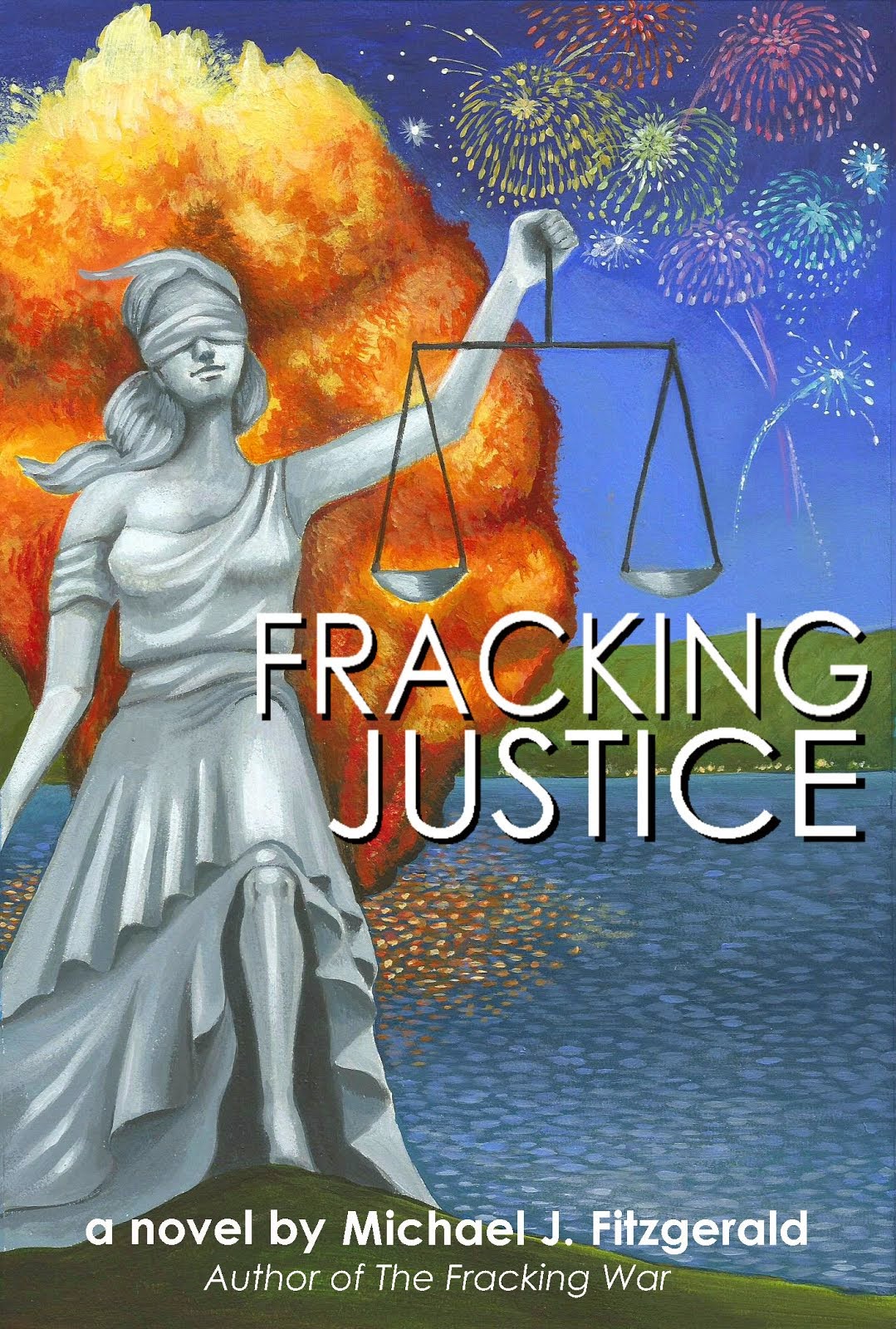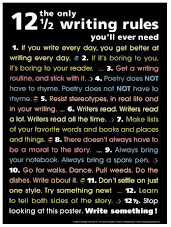SACRAMENTO, Calif. - There are days writing and there are
days writing but today all the pieces fell into place so neatly it was as if the scriptwriters for
Mission Impossible had plotted it out.
It started before dawn with an article due, which I hammered until I was about half done. I checked my email and discovered,
gasp, that my Washington D.C. editors had a second major story they wanted done - ASAP. When they say that , they don't mean
Anytime-Sure-Amigo-Please.So I looked at the clock and started writing my first story even faster, sliding it in the email an hour ahead of when I thought I would, giving me time to get the second story done, too.
But it was the research for my third story that put things into the
Mission Impossible category.
I was scheduled to attend a legislative hearing - starting at about 10:30 a.m. - for a story due Friday. But at 10:30 a.m. - thanks to the second
urgent story - I was just barely heading out the door to get there and, for some reason, I thought about the Cal Channel, a cable channel that broadcasts many state legislative committee hearings.
Voila! One click and I was there, watching Kim Belshe of the state Department of Health explaining the governor's health plan.
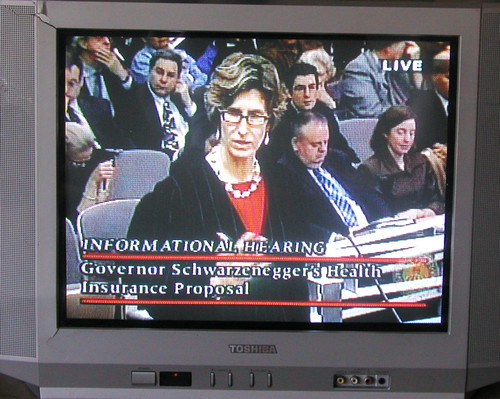 Senate hearing on cable TVA
Senate hearing on cable TVAnd for the next couple of hours, I recorded the session on my digital recorder - just as if I was sitting in the stuffy room downtown. It went fine.
Great in fact. A little lunch, more tea, sit back, take a few notes.
Then two talking heads from the Legislative Analyst's Office came on and started talking about a report they had prepared for the committee - a hardcopy, printed report that they circulated at that moment. And the report was dynamite - exactly what I needed to make my story newsworthy.
Merde! That's why actually going to such hearings is safer. Now I thought I was going to have to go downtown, park at the Capitol (equally difficult to the task of trying to park on my university campus), run into the hearing room and
pray the two LAO guys had the report available for the press.
But given that it was the LAO office, I decided to see if the report was somewhere online.
I couldn't find it.
Merde deux.But seeing the age of the two LAO analysts (mid 30s,
maybe) I sent them both an email while they were still giving testimony, after snatching their email addresses from the LAO website, listed under staff contacts.
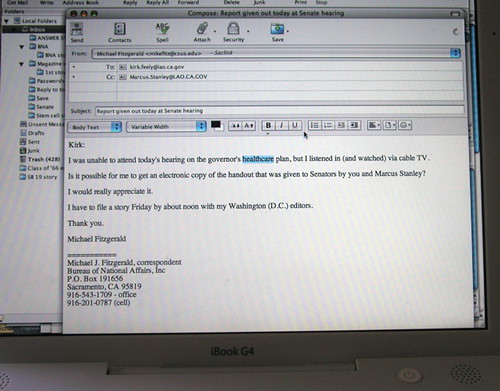 Email to LAO staff membersS
Email to LAO staff membersSure enough, as soon as they left the front table where they were giving testimony, one of them emailed me (from a Blackberry, I think) pointing me to a link to the report - which
was on the website it turned out. I doubt I would have ever found it without help.
Now, armed with a digital recording of the entire hearing, notes taking during the testimony, and a solid report from the Legislative Analyst's Office, I'm ready to start writing that story. Technology, a couple of good breaks, and the fact that I can type about 75 wpm all made it work.
But no more writing until tomorrow. I still have the theme song from
Mission Impossible running through my brain.
